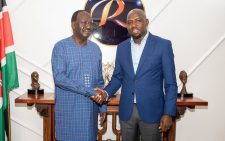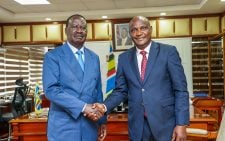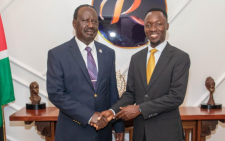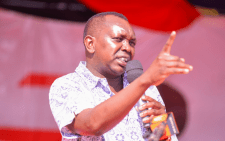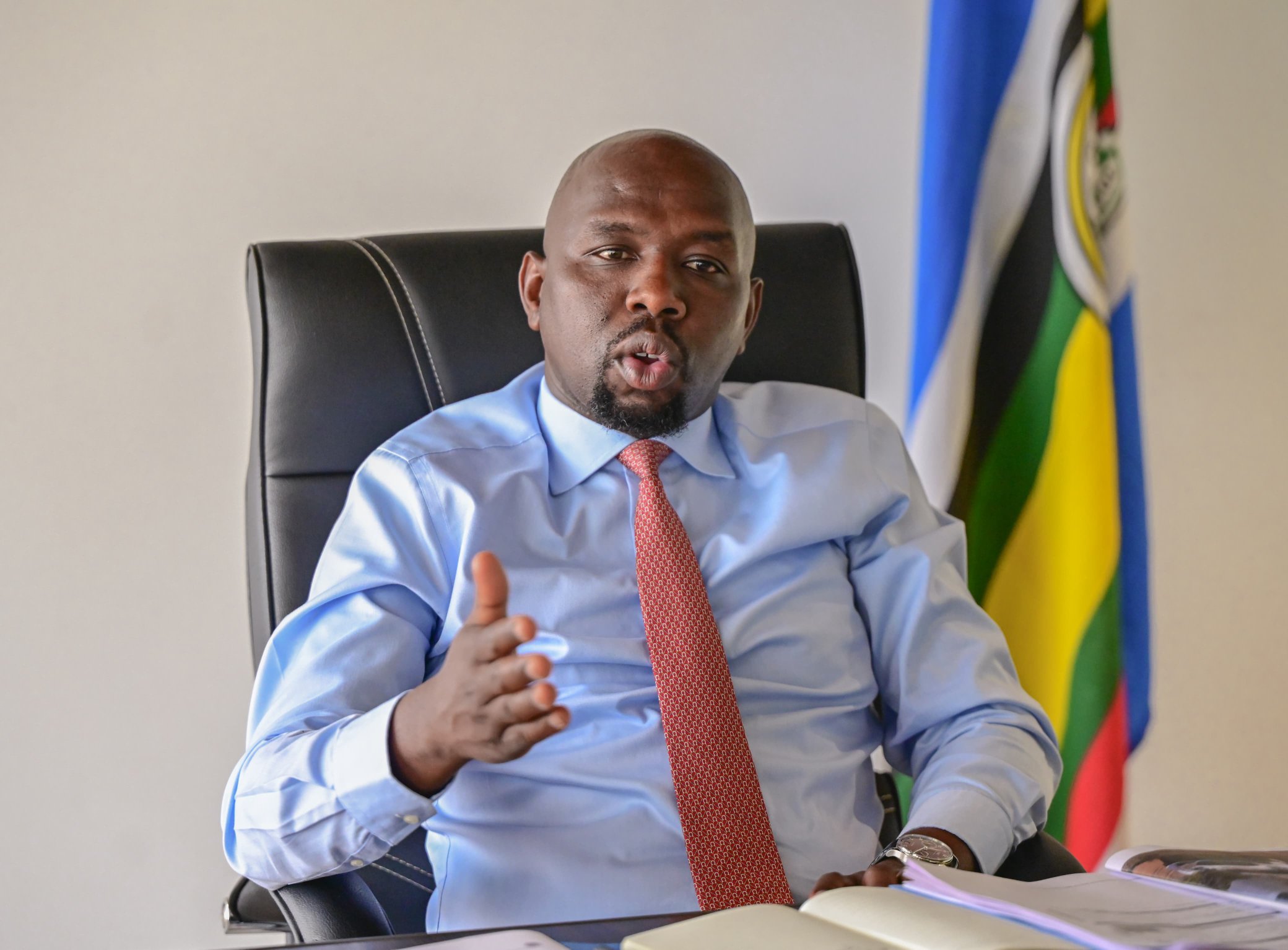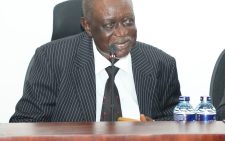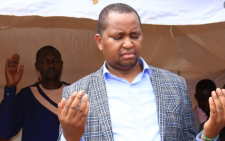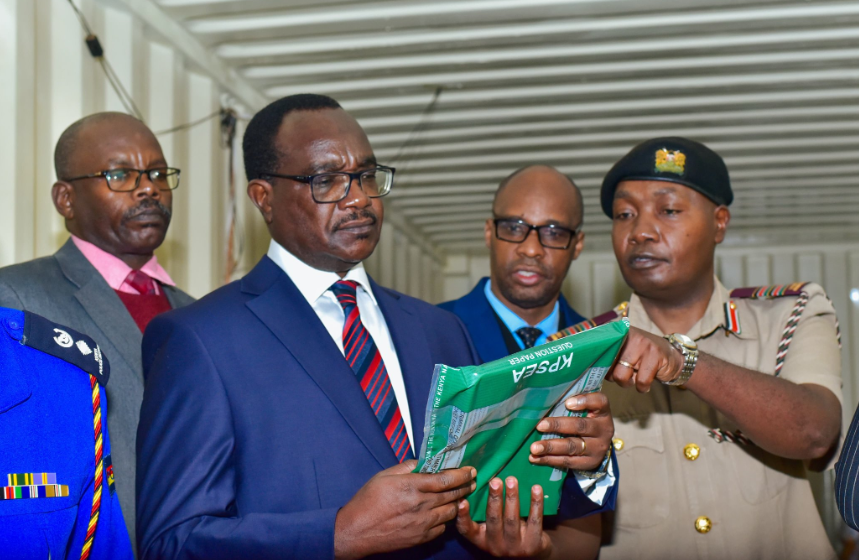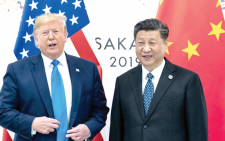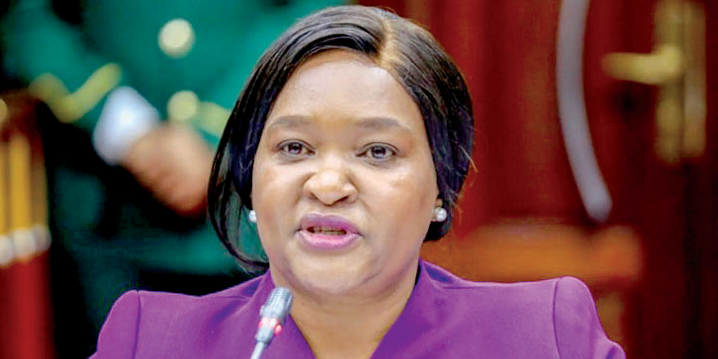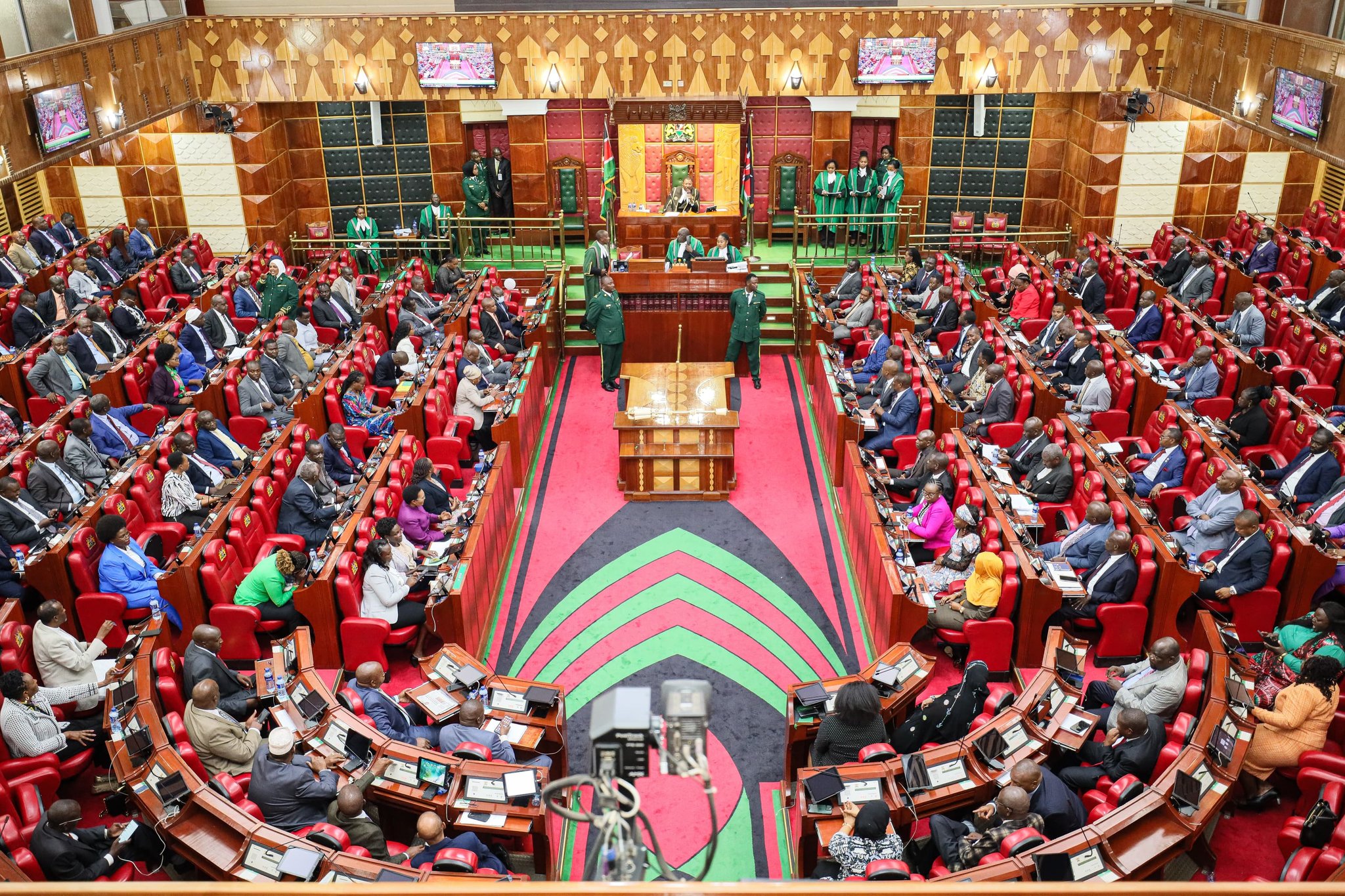Raila’s delicate balance with Azimio parties
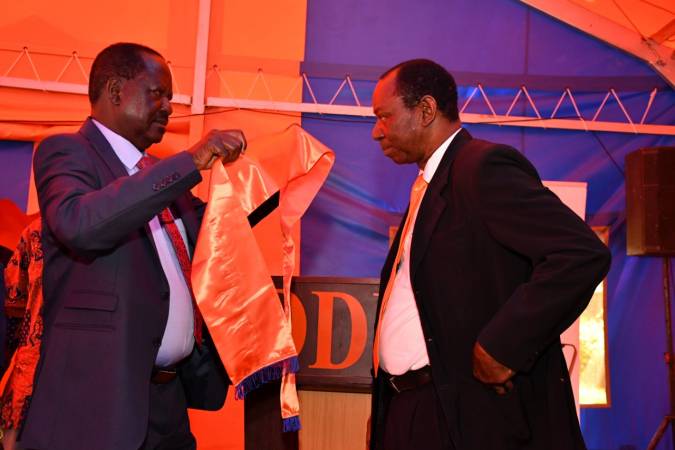
Wary of a fallout in the Azimio La Umoja Movement and learning from past mistakes that saw regions deny him votes, Raila Odinga has declared the outfit will zone the country and allow parties to field candidates based on their strengths.
Raila has tasked a team in the coalition to come up with modalities that will guide the zoning and rein in sibling rivalry or friendly fire.
Strategists in the coalition that has so far attracted over 15 political parties supportive of Raila’s presidential bid are burning the midnight oil, trying to come up with a formula to deal with a possible fallout among the partner parties during the electioneering.
Some of the rules on the table include setting out areas for certain parties and conducting joint nominations in places where two or more parties share equal support.
Nomination losers
Making the announcement yesterday, Raila called on nomination losers not to leave the party but support winners saying they will be accommodated in his administration.
“When you lose, it does not mean you are out. If your opponents win, embrace them and support them in campaigns,” he said.
Raila said that in some places, the Azimio team will resort to joint nomination between partner parties and the winner will be the sole ‘Azimio’ candidate.
While meeting a delegation from Kilifi County, Raila charged that fielding only one candidate will earn them all the seats in each elective position.
“We are crafting an Azimio Party where we will have many political parties like Jubilee and other parties. There are some seats that ODM will field candidates, while Jubilee will also sponsor candidates in some areas. In other areas, we will conduct a joint nomination and have all the other parties back the winner,” said Raila.
He further said that the campaign board is working on how the country will be zoned and also identifying areas where they will conduct joint nominations so that they ensure that they capture as many seats as possible.
The Malindi delegation was led by former Magarini MP Harrison Kombe and Kilifi Speaker Jimmy Mahindi who decamped to ODM.
According to chairman of the Raila Odinga 2022 Campaign Board Ndiritu Muriithi, who also doubles up as Laikipia governor, their team is determined to ensure Raila garners a majority in both houses, to enable him push through his transformative legislative agenda.
“We are looking at various scenarios with a view to avoiding any possible fallout among the affiliate parties. We are all in Azimio la Umoja as equal partners and nobody would be treated as more superior than the other,” Muriithi told People Daily D by telephone.
The move, People Daily has established, has been occasioned by concerns that the coalition could find itself fielding candidates almost equivalent to the number of member parties in a single electoral area and split their votes, which would favour opponents.
Deputy President William Ruto’s United Democratic Alliance (UDA) has vowed to field candidates under one party and told smaller parties to fold up and join it, unlike Raila’s Azimio that has agreed to accommodate them.
According to sources, besides their flag bearer attracting support in most areas where regional parties are mushrooming, the outfit must also win as many Members of Parliament as possible who will make it easy for the administration to govern.
Nakuru Governor Lee Kinyanjui, who is among leaders playing a key role in laying out strategies in favour of Raila’s bid, revealed that a framework is in the offing to ensure Azimio parties do not compete against each other.
“People are coming up with many political parties because of the fear of party nominations due to the past experiences. But we must strategise because we might end up fielding about eight candidates from different political parties in one constituency against our one opponent from UDA or any other party. We must have a proper strategy because we might end up splitting our votes to the advantage of the opponents,” the governor said.
Stiff competition
Parties already supportive of the Azimio la Umoja are Orange Democratic Movement (ODM), Jubilee, Party of National Unity associated with Agriculture minister Peter Munya and Muriithi, Ubuntu People’s Forum of Kinyanjui, Devolution Empowerment Party belonging to Governor Kiraitu Murungi and National Ordinary People Empowered Union (NOPEU) associated with EALA MP Mpuru Aburi.
Also joining the outfit are Kenya Union Party of West Pokot Governor John Lonyang’apuo, Pan African Alliance of Governor Amason Kingi of Kilifi, Defence CS Eugene Wamalwa’s Democratic Action Party, National Rainbow Coalition of Kitui Governor Charity Ngilu, Maendeleo Chap Chap headed by Alfred Mutua (Machakos) while the North Eastern region has Frontier Alliance party of Treasury CS Ukur Yatani, others are Economic Freedom Party and Kenya Patriotic Party.
The fight to win votes in swing regions seems to have reached fever pitch with two leading presidential candidates going head-to-head in the competition for control in the areas that could influence President Uhuru Kenyatta’s successor, by heightening political activities.
The last few months have seen Ruto, who feels the contests is his to lose, and Raila who views the 2022 contest as perhaps his last and best chance of ascending to power, increase their forays in Nairobi, Mt Kenya, Ukambani, Coast, Western, North-eastern, Gusii and Maa regions where they have been asking backers to vote along their respective party lines.
Dr. Richard Bosire, a political science lecturer at the University of Nairobi, says the Azimio la Umoja outfit has no option but to come up with a mechanism that will ensure its parties do not compete against each other, particularly on the National Assembly and Senate seat.
Bosire warned that failure to do that would see UDA, which is running as an individual party, sweep the majority of the parliamentary seats.
And with the stiff competition for control of the next parliament, if Azimio la Umoja wins, its president may not transact any business smoothly without first negotiating with the parliamentary leadership.
To compound matters further for Raila’s coalition, under the constitution, the two positions in parliament, Speaker of the National Assembly and Senate, automatically go to the party with the majority members, irrespective of whether they are from the president’s party or opposition.
Besides, a defeat of his candidates due to sibling rivalry would also deny his party the chance to nominate majority of members in both National Assembly and Senate, further reducing his numbers in favour of the opposition.
This is also because, if a president’s party gets fewer MP seats, the influential posts, notably the Leader of Majority who is also the leader of government business in the House and Majority Chief Whip will automatically vote for the opposition, leading to a constitutional crisis that will definitely curtail his powers.
